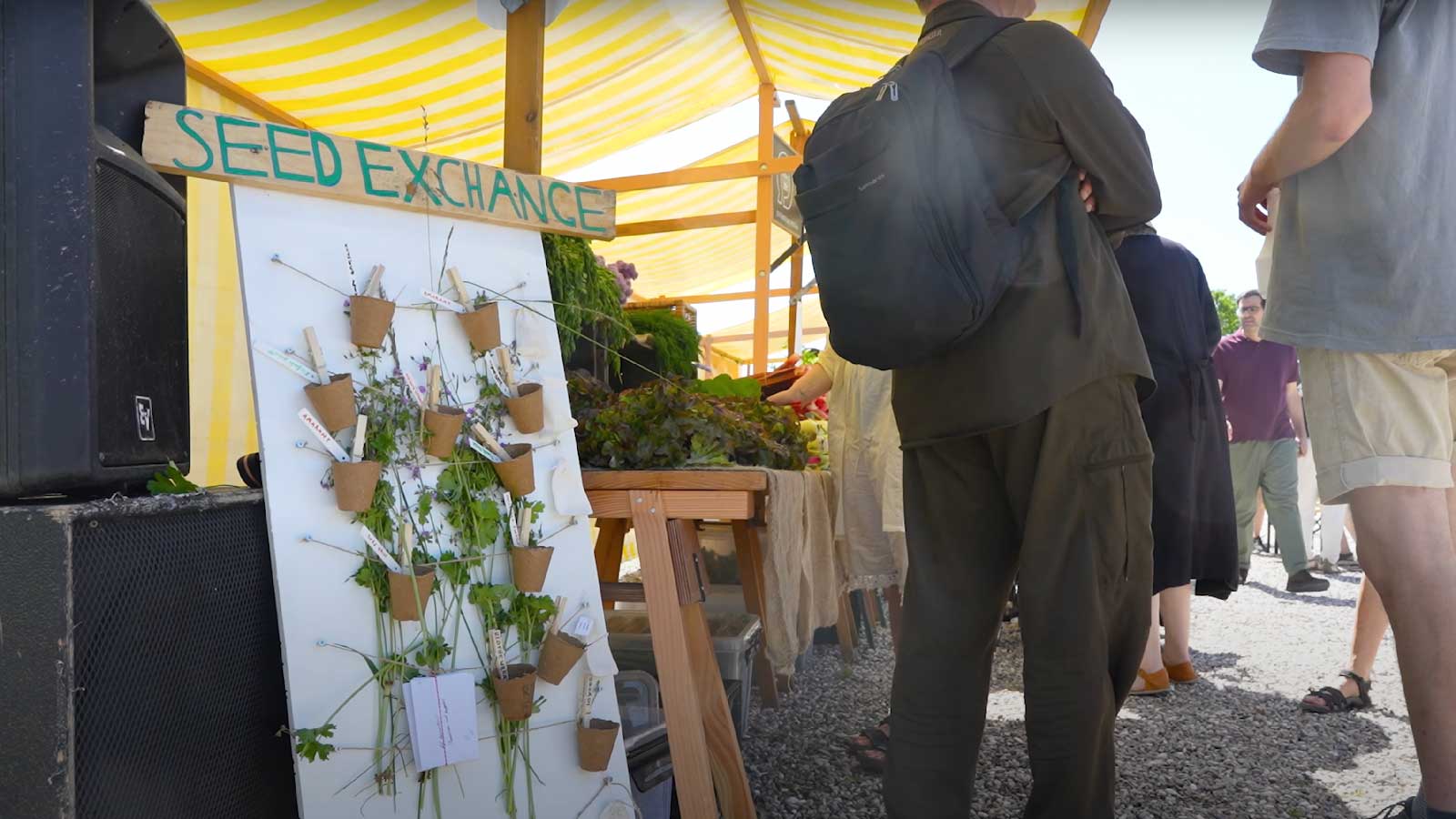Planting seeds is a radically hopeful act. Sowing a seed is predicated on the idea that there will be a future — one that will support and nurture the seed.
Join young documentary filmmaker and climate storyteller Charly Frisk as she travels across Nordic regions to meet with people who are working to preserve the diversity of the world’s seeds. She encounters seed savers recovering ancient varieties from older generations, visits farmer’s markets that are revitalizing old traditions, and tours gene banks that are working at the intersection of science and culture.
A key take-away from the film is that the seeds used to grow food have become radically less diverse since the 1900s. In place of a profusion of varieties that vary across geographic regions — or within a single field — many farmers now use agricultural systems in which plants of a single food crop are genetically similar to each other. The world has lost 75% of seed diversity among food crops since the 1900s, according to the Food and Agriculture Organization.
That lack of diversity presents a severe risk to the security of global food systems. Without seed diversity, it’s difficult for plants to adapt to pests, diseases, and changing climate conditions — a particular concern as the world warms. But the film offers hope that seed biodiversity will be preserved, ensuring our food systems are resilient to climate change — safeguarding the ancient, diverse, heirloom varieties that enrich our lives here on planet Earth.
Charly Frisk is a master’s student at the Yale School of the Environment.



